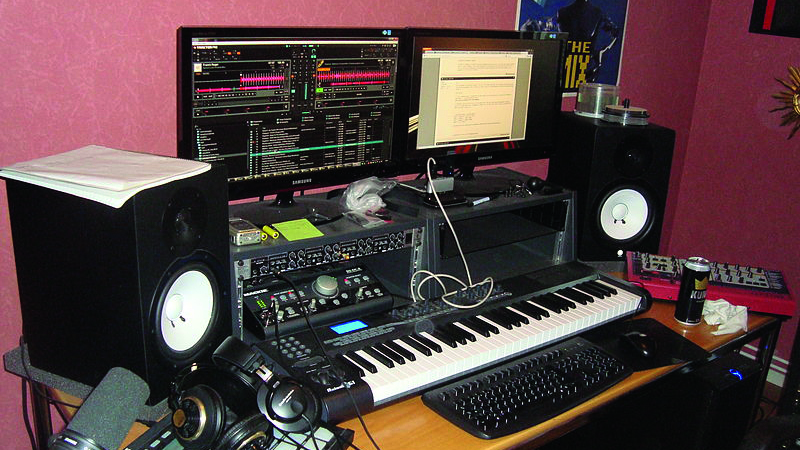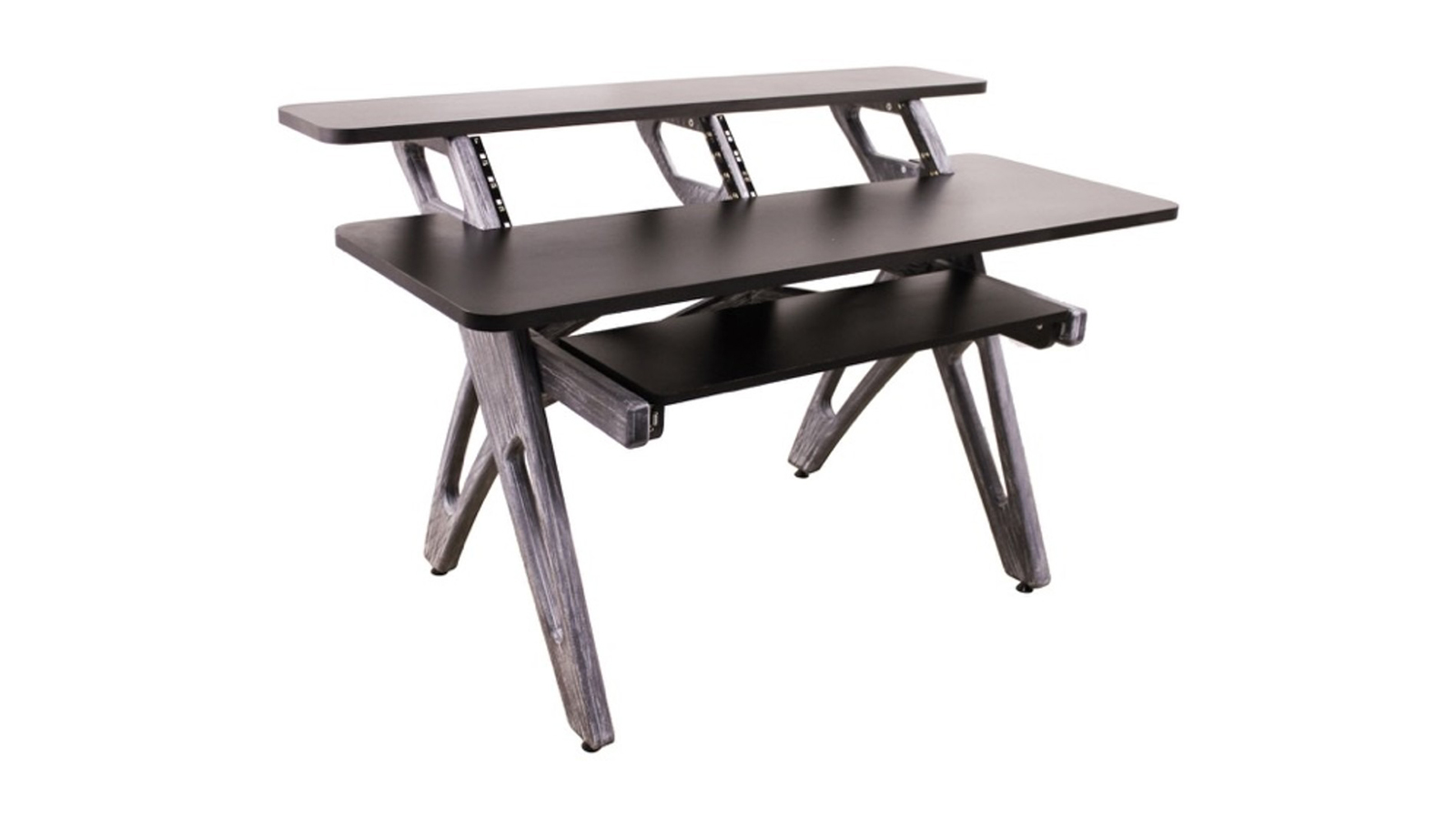10 questions you need to ask yourself before you set up a home studio
Where's it going to go, how much is it going to cost... and do you really need it?

Want all the hottest music and gear news, reviews, deals, features and more, direct to your inbox? Sign up here.
You are now subscribed
Your newsletter sign-up was successful
There's something quite nostalgic about the idea of a home studio - a room with eggboxes on the wall and a 4-track cassette recorder in the corner. However, times have changed, and so have the requirements of music producers.
With more and more music being made in the box - and, perhaps, fewer of us recording 'real' instruments - there's no hard and fast rule of what a 'home studio' should be.
So, to help you decide on your perfect setup, we've put together a list of questions that you need to ask yourself, starting with a pretty big one...
1. Do you really need a home studio?
The likelihood is that setting up a space for music making could end up costing a fortune (if you do it properly). So the first question you should, of course, ask yourself is: do you absolutely need to?
Many people are quite happy making music on a laptop or tablet, just using headphones for monitoring, and they get perfectly decent results. What's more, they are not confined to doing their hobby in one place - the bus, train and bathroom* can be their recording space! * not recommended.
2. What kind of space do you need and how much are you going to spend?
If the answer to question 1 is a most definite ‘yes’ then it’s time to decide what kind of space you need and what you want it for, and then set an appropriate budget.
If you want a space where you want to record singing, instruments and so on, then you’re talking about creating a special area to do this. There are also the room acoustics to worry about, which can be both costly and complicated to deal with (more on this later).
Want all the hottest music and gear news, reviews, deals, features and more, direct to your inbox? Sign up here.
If you’re on a smaller budget and don’t much care about anything outside of your computer for making noise, you might get away with setting up some nearfield monitors in a bedroom and spending hundreds rather than thousands on getting set up
3. Is your space suitable?
When choosing a potential studio space, you need to check and tick off some basics. Can you get a good monitoring setup in there - ideally in an equilateral triangle with you as the listener? Are there enough power points or will you need to do some serious rewiring?
You can get away with a pretty square room, although such a space can cause a buildup in reflections, so odd-shaped rooms are sometimes preferred (depending on your answer from Tip 2). However the most important question to consider when choosing a room is...
4. Are you isolated?
Is the room far enough away from the rest of humanity so that they won’t be constantly annoyed by that guitar solo you’re tinkering with? Where are the neighbours - right on the other side of the wall?! How much sound does the room allow out… and in? When recording those delicate vocals you really don’t want the sound of your neighbour’s grocery delivery within earshot, do you?
All these potential problems can be mitigated by getting decent sound isolation. It will cost, yes, but your neighbours will thank you/won’t kill you.

5. Do you need a new desk?
Get the best studio desk you can afford. Not only will it take your studio beyond the ‘office look’, but most dedicated studio desks also come with slots, shelves and more components to actually fit gear in and put speakers on. And yes, let’s face it, they can look pretty darn good, too…
6. Where is your gear going to go?
Now you have a room chosen for your studio, it’s time to make sure you plan out where the gear is going to go and, importantly, all of that cabling.
Yes, if you are using a computer for the bulk of your recording and mixing, you might not need that much outside of its shiny chassis, but as soon as you delve out into the world of outboard and other hardware, your cabling and power requirements shoot up, so plan your layout so that everything is within reach of both you and a power supply.
Cabling can be a nightmare to deal with, but try and keep it out of sight and largely out of mind.
7. How are you going to sort your room acoustics?
This is probably the most important - and potentially most expensive - factor you’ll need to consider. At a basic level, though, consider room kits and cheaper solutions from the likes of GIK Acoustics, Primacoustic, Auralex and Vicoustic. Many companies will also analyse your room for you and make acoustic recommendations… for a fee.
8. Will this room help you to make music?
Make it your space. And by this we mean don’t just fill your studio with studio gear. Make it a personal bolthole that you'll want to come to again and again; a creative space to help the music flow.
9. Can you use the studio for something else as well?
If possible, use your new studio for another purpose as well, as this can help you justify the cost of setting it up in the first place and might also calm the nerves of any partner you have who might be wary of your room-based antics. But then comes the ultimate question...
10. Should it be a bedroom studio?
There are pros and cons to setting your space up in a bedroom, but it might well be the only option you have. If this is the case, then the pros are the obvious space savings and the fact that you are, as suggested above, ‘doubling up’.
The negatives are that any partners you have (or potentially will get) might not be up for blinking interfaces and Macs that suddenly wake up at 3am. Making music can be great, but so can sleeping.
Computer Music magazine is the world’s best selling publication dedicated solely to making great music with your Mac or PC computer. Each issue it brings its lucky readers the best in cutting-edge tutorials, need-to-know, expert software reviews and even all the tools you actually need to make great music today, courtesy of our legendary CM Plugin Suite.
